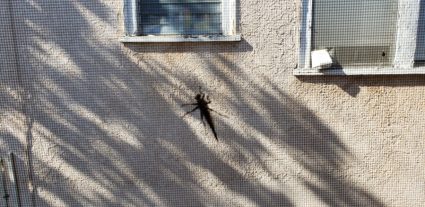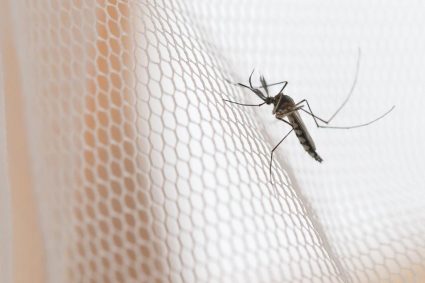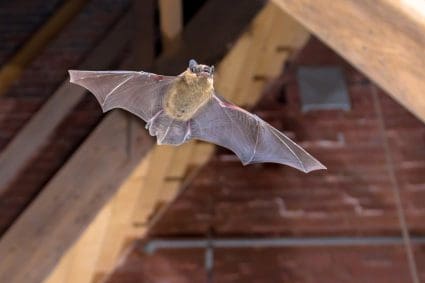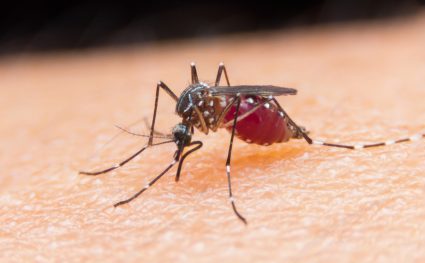
Protecting your lilies from deer can be quite a challenge. Deer are known for their love of lilies and can cause extensive damage to your garden. However, with the right strategies, you can effectively deter deer from your lilies. This comprehensive guide provides an in-depth look at various methods to keep deer away from lilies, including the use of deer-resistant plants, physical barriers, deer repellents, and modifications in gardening practices.
To keep deer away from lilies, you can plant deer-resistant plants around them, use physical barriers like fencing or netting, apply deer repellents, and modify your gardening practices. These methods can include planting lilies in less attractive areas to deer or choosing less appealing lily varieties. The effectiveness of these methods may vary, so combining multiple strategies and consistent maintenance can increase success.
Understanding Deer Behavioral Patterns
Before delving into the ways to protect your lilies, it’s essential to understand the behavioral patterns of deer. Deer are creatures of habit and often stick to specific routes through the landscape. Recognizing these patterns can help you design your garden in a way that discourages deer from venturing in.
Planting Deer-Resistant Plants
One effective method of deterring deer from your lilies is to plant deer-resistant plants around them. Deer tend to avoid plants with strong odors, fuzzy foliage, bitter tastes, or prickly thorns. Some top options for deer-resistant plants include sages, Susans, ferns, peonies, salvias, and others.
Using Physical Barriers
Physical barriers, such as fencing or netting, can be an effective way to protect your lilies from deer. Deer can jump over fences up to 8 feet high, so it’s crucial to ensure that your fence is tall enough. You can also use commercial deer netting products, such as Dalen Deer X Protective Netting or Deer-X Netting from Pinetree Garden Seeds, to create a barrier around your garden or to drape over your plants.
Applying Deer Repellents
Deer repellents, whether store-bought or homemade, can be another effective method to deter deer from your lilies. Commercial deer repellents, such as Deer Out Concentrate Deer Repellent, Bobbex Concentrated Deer Repellent, and I Must Garden Deer Repellent Spray, contain natural ingredients that deter deer by targeting their sense of smell or taste. Homemade solutions, like eggshells or vinegar, can also help keep deer at bay.
Modifying Gardening Practices
Modifying your gardening practices can also help reduce the attraction of lilies to deer. For instance, you can plant lilies in areas of the garden that are less attractive to deer, such as near a busy street or near plants that deer find less appealing. You can also try planting less attractive lily varieties, such as tiger lilies.
Conclusion
There’s no one-size-fits-all solution when it comes to keeping deer away from lilies. The effectiveness of these methods may vary depending on the deer population in your area and their feeding habits. However, by combining multiple strategies, you can increase the chances of successfully protecting your lilies from deer. Remember, consistency is key, and it’s important to regularly check and maintain these preventive measures for their effectiveness.
With this comprehensive guide, you now have the knowledge and tools to protect your lilies from deer. Happy gardening!
Frequently Asked Questions
What other deer-resistant plants can I use in my garden?
There are many other deer-resistant plants you can consider for your garden. Some of these include lavender, foxglove, poppy, iris, mint, and rosemary. However, it’s essential to note that “deer-resistant” does not mean “deer-proof”. A hungry deer may still decide to eat these plants.
How frequently should I apply deer repellents?
The frequency of applying deer repellents can vary based on the specific product and the severity of your deer problem. Generally, most commercial deer repellents recommend reapplication every 30-60 days. However, it’s best to follow the instructions provided by the manufacturer. For homemade solutions, you may need to apply them more frequently, especially after rain or heavy dew.
How effective are physical barriers like fences?
Physical barriers can be quite effective in deterring deer, but it’s essential to install them correctly. Deer can jump over fences that are less than 8 feet high. Therefore, if you’re installing a fence, it should be at least this height. Also, make sure there are no gaps or weak areas where deer could potentially enter.
Can I use scare tactics to keep deer away from my lilies?
Yes, scare tactics can be effective in keeping deer away. These can include the use of scarecrows, motion-activated sprinklers, or noise-making devices. However, deer can become accustomed to these tactics over time, so it’s important to change them up regularly.
Are there specific types of lilies that deer dislike?
While deer love most types of lilies, some varieties are less appealing to them. For instance, tiger lilies are known to be less attractive to deer. However, if food is scarce, deer may still eat these less attractive varieties.












